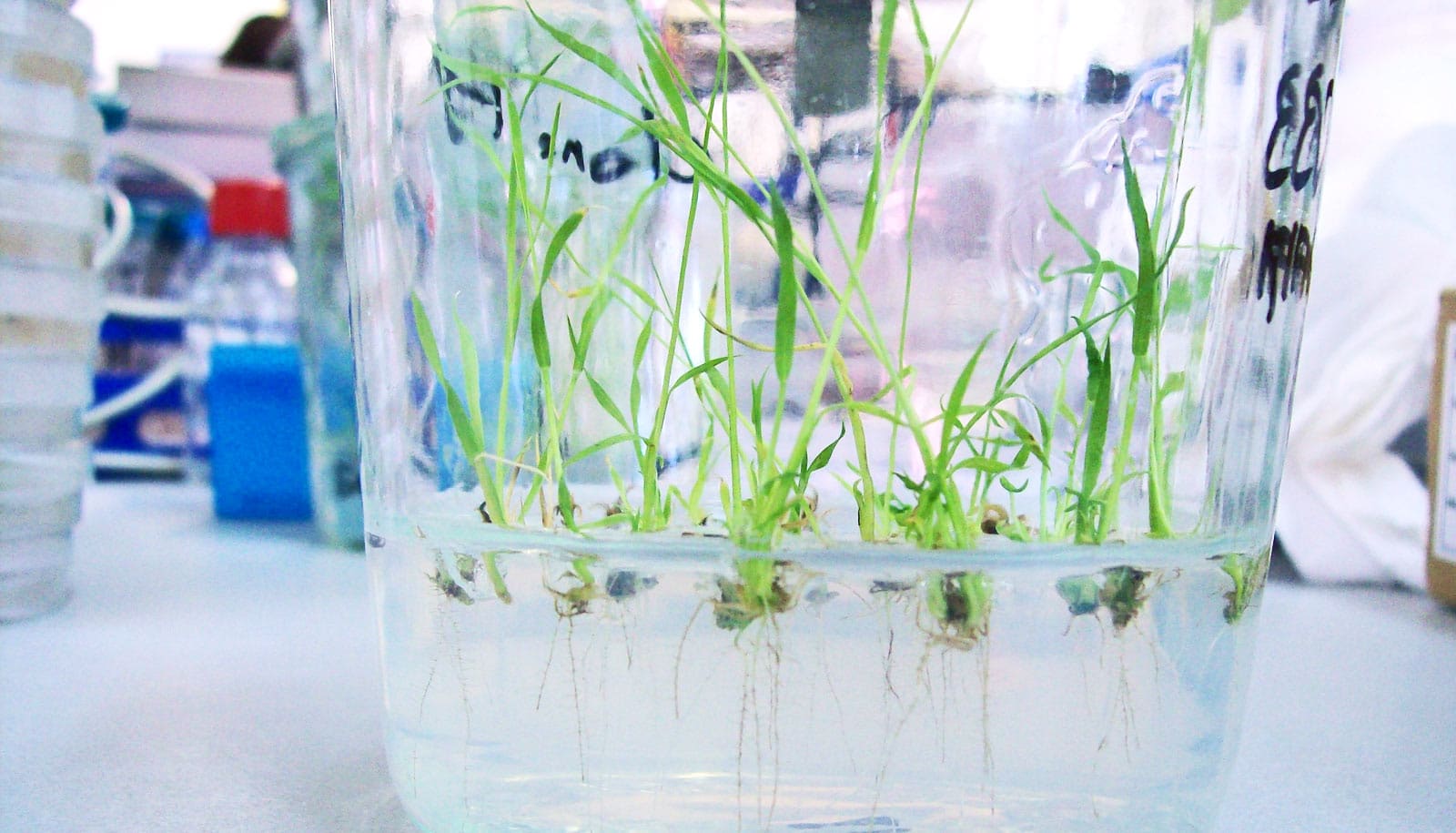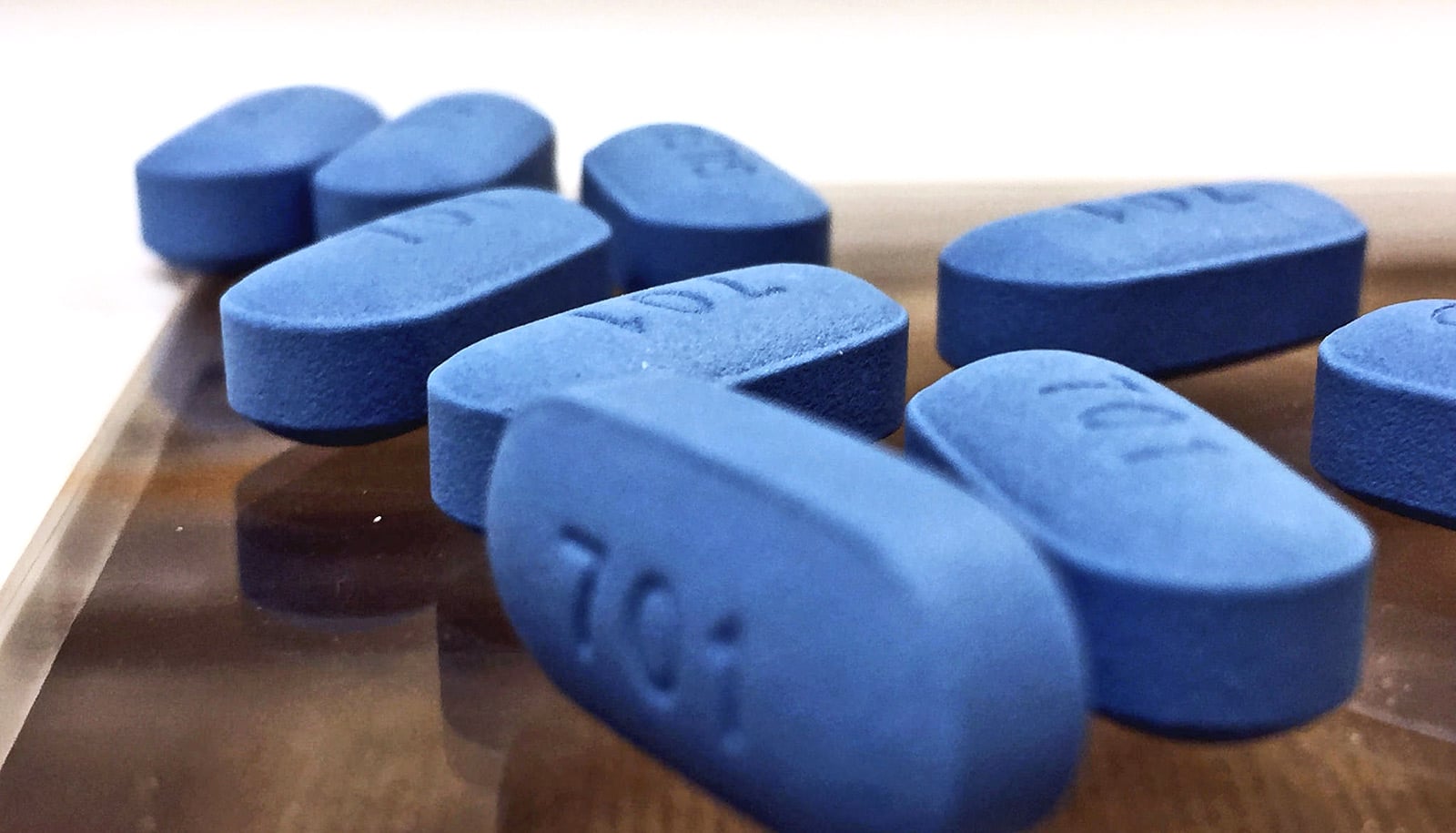A new intervention for people living with HIV who inject drugs led to an increase in people taking their medications and a decrease in mortality, according to new research.
The integrated intervention combines counseling, substance use treatment, and referrals for antiretroviral therapy at any CD4 cell count.
The trial was conducted with people who inject drugs in Ukraine, Indonesia, and Vietnam. At 52 weeks from enrollment, participants in the intervention group nearly doubled their antiretroviral therapy usage, viral suppression, and substance-use treatment usage compared to people in the group who received the locally available standard of care. Further, the intervention reduced mortality by more than half.
“I believe this very effective, but simple intervention could be applied to populations of people who inject drugs in most settings around the world, and I believe this would result in lives saved and a reduction in HIV transmission,” says Irving Hoffman, a professor of medicine in the University of North Carolina division of infectious diseases and co-chair of the study, which appears in The Lancet.
Overall, 502 people living with HIV and 806 HIV uninfected people with whom they injected drugs entered the study over 15 months and were followed for 12 to 24 months after enrollment.
Antiretroviral therapy boost
The median age was 35 years. Eighty-five percent of participants enrolled were men; most of the women who participated in the study were enrolled in Ukraine.
At week 26, participants who took part in the intervention were twice as likely to report antiretroviral therapy use compared to the standard of care participants and twice as likely to achieve an undetectable viral load. These effects persisted at week 52.
Among intervention participants at week 52, self-reported substance use treatment uptake was higher compared to the standard of care group. Further, mortality was significantly lower among intervention participants and their partners compared to the standard of care participants and their partners.
Uninfected partners
Though the study was underpowered to prove the effect of the intervention on HIV transmission, the researchers did not observe any new HIV infections among the partners in the intervention group, while they observed seven among partners in the standard of care group.
“The HPTN 074 study assessed the feasibility of an integrated intervention for people living with HIV who inject drugs to reduce HIV transmission to their HIV-uninfected injection partners,” says Myron Cohen, co-principal investigator and director of the UNC Institute for Global Health and Infectious Diseases.
“These study findings related to antiretroviral therapy use and HIV prevention are promising, and this and other interventions are needed to get people living with HIV who inject drugs into care for their own health and to stop transmission of the virus.”
The US National Institute of Allergy and Infectious Diseases and the US National Institute on Drug Abuse, both part of the National Institutes of Health funded the work.
Source: UNC-Chapel Hill



